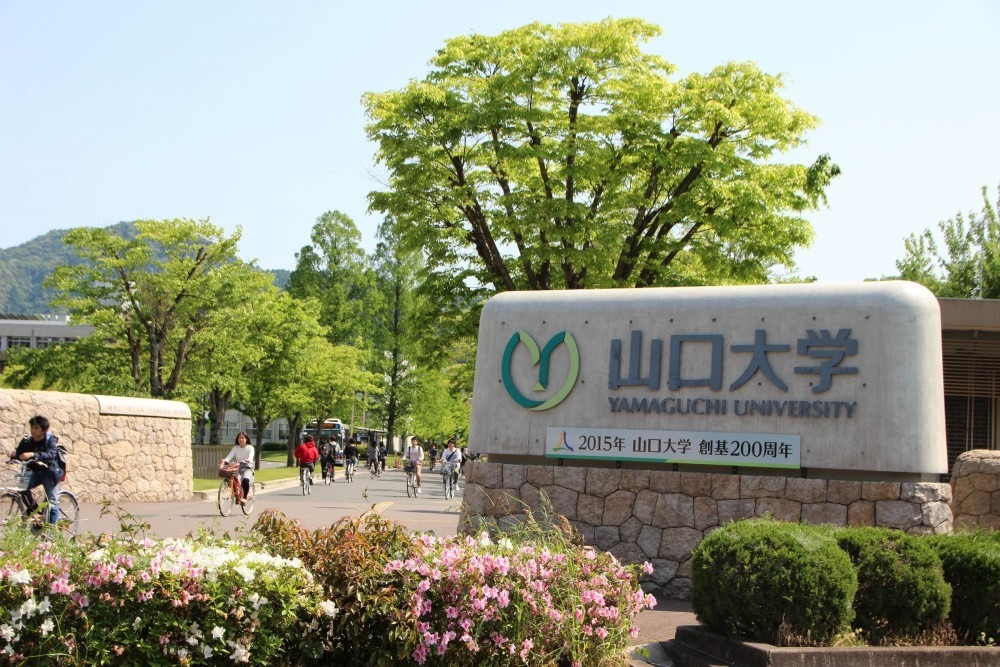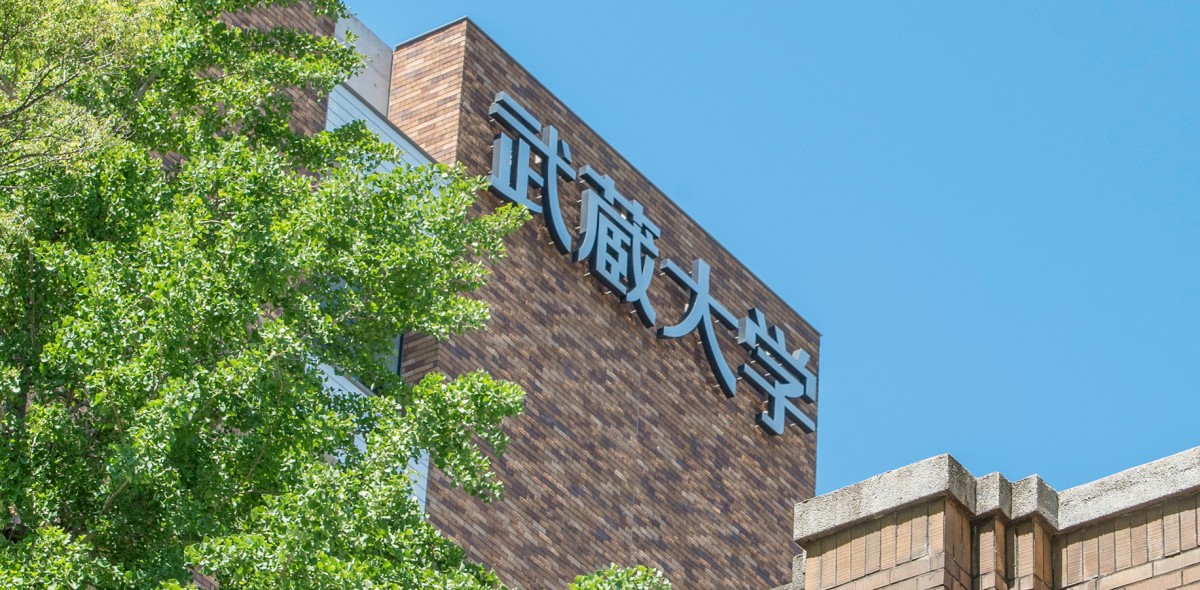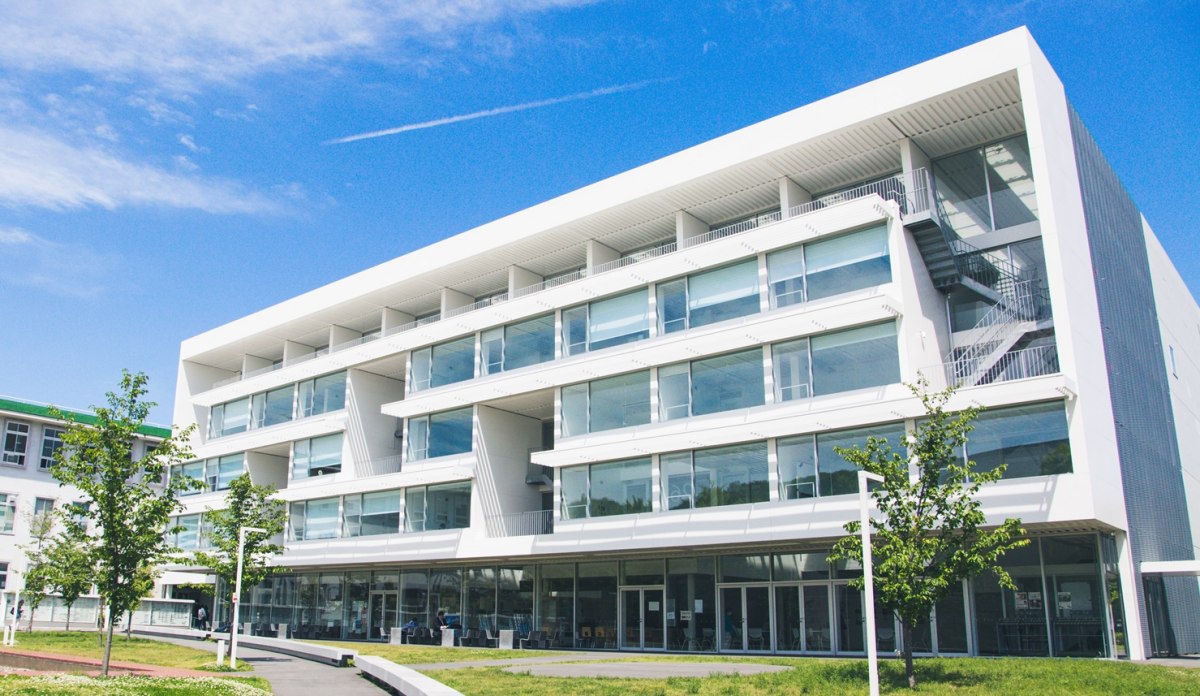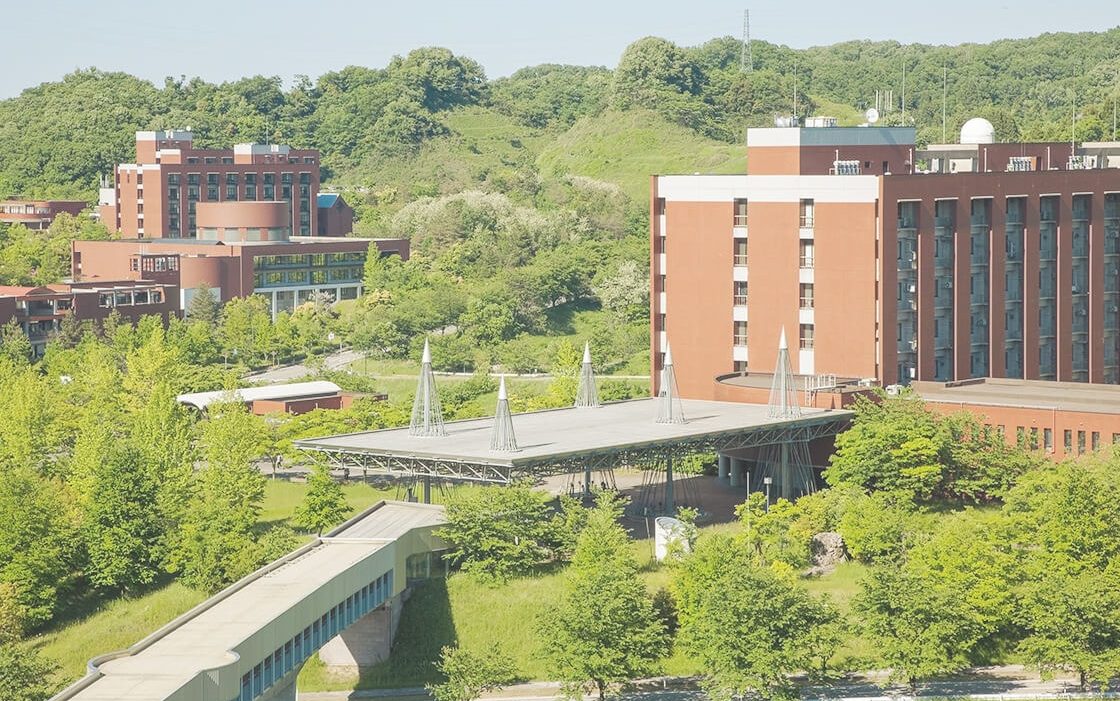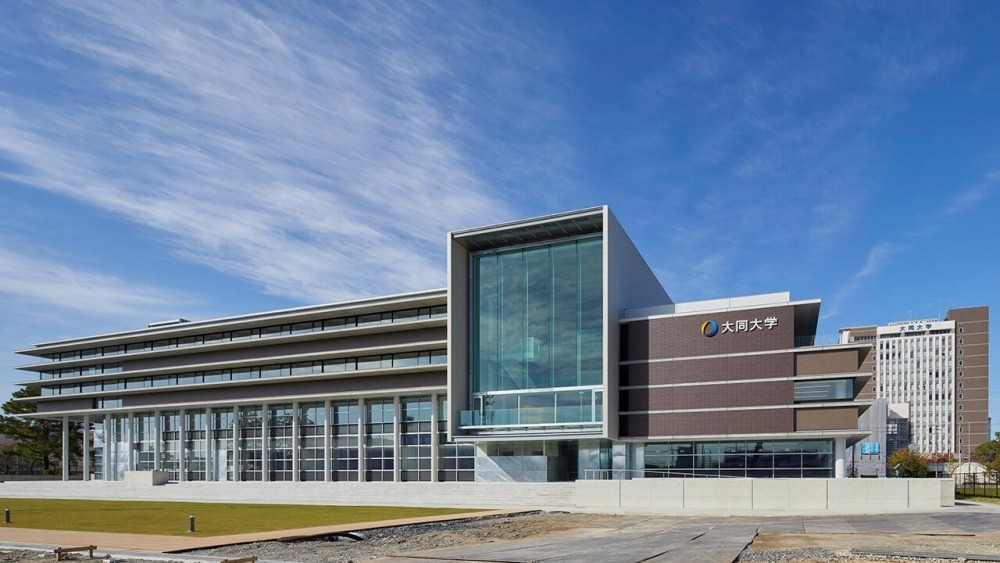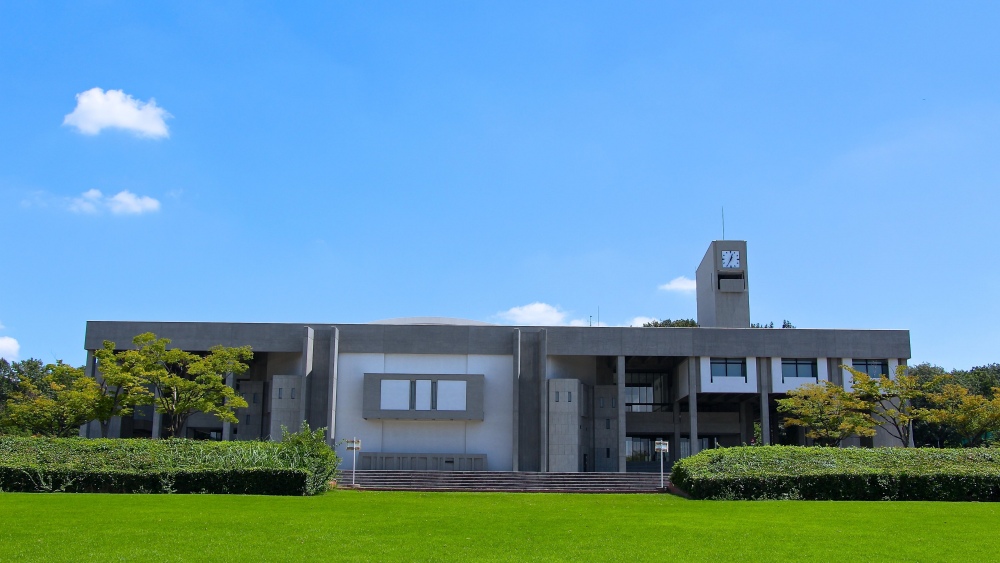How much does it cost to study in Japan for a year? Compared to the high study costs in Europe and America, Japan is relatively affordable both in terms of tuition fees and living expenses. Whether it is to further one's education and broaden one's horizons or as a step towards immigrating to Japan, studying in Japan is the first choice for many not-so-wealthy families.
With Japan's attractive talent attraction policies, more and more people are planning to study in Japan. Apart from academic concerns, the most important concern is the cost of studying abroad. Today, we will provide you with detailed information about tuition fees, accommodation fees, living expenses, and other expenses for studying in Japan.
Japanese University Tuition Fees
Japanese universities are divided into national and private universities. National universities are directly funded by the Japanese government, such as the University of Tokyo and Kyoto University, while private universities are privately funded and operated, such as Waseda University, Keio University, and Sophia University.
The tuition fees for most national universities are the same, except for a few medical or law schools with higher fees, while private universities generally have higher tuition fees than national universities. Japanese universities also have various systems such as tuition waivers, scholarships, and subsidies. The highest tuition reduction can reach 90%, and with part-time work to earn a living, the financial burden of studying in Japan is significantly reduced.
Public University
1)Undergraduate Program
Tuition: 535,800 yen Entrance Fee: 282,000 yen (only payable in the first year) Entrance Examination Fee: 30,000 yen (only payable in the first year)
Total: 850,000 yen for the first year + 540,000 yen × 3 years ≈ 2,470,000 yen.
2)Graduate Program
Tuition: 535,800 yen Entrance Fee: 282,000 yen Entrance Examination Fee: 30,000 yen
Total: 850,000 yen for the first year + 540,000 yen for the second year ≈ 1,390,000 yen.
3)Graduate Program (Auditor)
About 380,000 yen per year.
Private University
Tuition fees for private universities vary greatly, usually ranging from 800,000 to 2,200,000 yen per year. Tuition fees for arts, law, and pharmaceutical majors are higher.
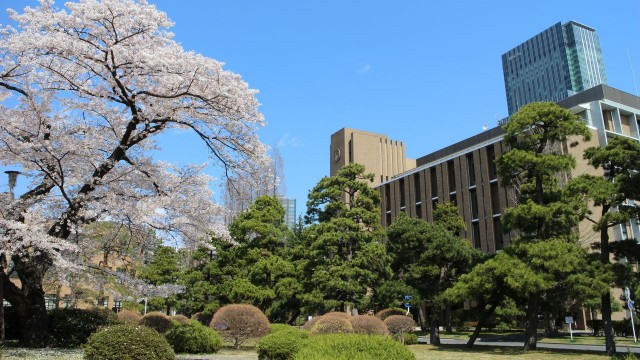
1)Undergraduate Program
Faculty of Humanities: 900,000 to 1,300,000 yen for the first year, 700,000 to 1,100,000 yen for the second to fourth years.
Total for four years: 3,000,000 to 4,800,000 yen.
Faculty of Science: 1,300,000 to 1,800,000 yen for the first year, 1,000,000 to 1,300,000 yen for the second to fourth years.
Total for four years: 4,300,000 to 5,700,000 yen.
2)Graduate Program
Graduate School of Humanities: 800,000 to 1,500,000 yen for the first year, 700,000 to 1,600,000 yen for the second year.
Total for two years: 1,500,000 to 3,100,000 yen.
Graduate School of Science: 1,200,000 to 1,800,000 yen for the first year, 1,000,000 to 1,600,000 yen for the second year.
Total for two years: 2,200,000 to 3,400,000 yen.
Japanese Specialized Schools Tuition Fees
Japanese specialized schools aim to cultivate vocational and technical talents, with a duration of 1 to 4 years, but most are 2 years. After graduating in 2-3 years, one can obtain the title of "Specialist", and after 4 years, one can obtain the title of "Highly Skilled Specialist".
The tuition fees for specialized schools include entrance fees, course fees, internship/experiment fees, facility/equipment fees, etc. Entrance fees are only required in the first year, and the tuition fees vary depending on the specialty. For example, for more expensive specialties such as CG and automotive, one must pay about 1.3 to 1.6 million yen in the first year, while for lower-cost specialties such as nursing care and information, it is about 1 to 1.2 million yen.
The cost of studying at a specialized school for two years is approximately 2.3 to 3 million yen (116,000 to 152,000 RMB). Compared to universities and language schools, the tuition fees are generally higher, and there are fewer scholarships and reductions available, so it is necessary to prepare sufficient funds before enrollment.
Japanese Language School Tuition Fees
Japanese language schools admit students four times a year, in January, April, July, and October. The fees include application fees, entrance fees, tuition fees, textbook fees, and other fees. The average cost for the first year is around 700,000 to 800,000 yen. Many schools allow payment of tuition fees by semester or quarter. For specific information, please contact the school or visit their official website.
Taking ISI Japanese Language School as an example, the tuition fees at the Nagano Campus are the cheapest. The first year costs 763,000 yen, and no entrance fee is required in the second year, with tuition fees being 713,000 yen.
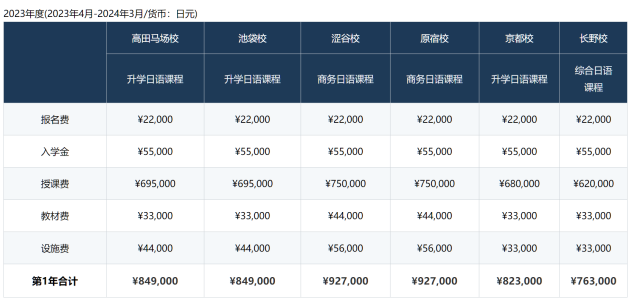
Additionally, there are short-term courses available ranging from 2 to 20 weeks, allowing students to choose based on their needs.
Total: First-year tuition fees of 850,000 to 1 million yen + second-year tuition fees of 700,000 to 800,000 yen = 1.5 to 1.8 million yen.
Living Expenses for Studying Abroad in Japan
1) Accommodation Expenses
Apart from tuition fees, the biggest expense for studying abroad in Japan is accommodation. Generally, language school dormitories cost around 30,000 to 50,000 yen per month. For university dormitories, a 4-person room costs around 25,000 to 35,000 yen, a 2-person room costs around 30,000 to 45,000 yen, and a single room costs around 50,000 to 70,000 yen.
If unable to secure a school dormitory, renting an apartment outside of campus can range from 20,000 to 100,000 yen depending on factors such as housing type, location, size, and facilities. In addition, there are additional costs such as gift money, security deposits, agency fees, and the need for a guarantor. For information on renting in Japan.
2)Transportation Expenses
Transportation expenses are also a significant expenditure in addition to rent. Common transportation options in Japan include subways, shinkansen (bullet trains), trams, buses, and taxis. In Tokyo, subway fares start at around 160 yen and increase to 190, 230, 270, or 300 yen depending on the distance. Tram fares in Tokyo range from 130 to 210 yen. Shinkansen prices are relatively higher, with prices from Tokyo to Osaka at 13,620 yen and prices from Tokyo to Hokkaido starting at 44,000 yen. Bus fares are generally around 200 to 230 yen. Japanese taxis are known to be expensive, with a starting fare of 410 yen per kilometer.

3) Food Expenses
Many students cook their own meals to save money, buying groceries at Japanese supermarkets. The cost for a meal can range from 200 to 350 yen, resulting in a monthly food expense of 30,000 to 40,000 yen. If occasional dining out is included, the expense may increase to 50,000 to 80,000 yen per month. Therefore, cooking meals oneself is the most economical option.
4) Medical Insurance Fees
Japan has a comprehensive medical insurance system, and all foreign residents in Japan are required to purchase medical insurance. This allows for 70% reimbursement of medical expenses, with the individual paying the remaining 30%. After enrollment, students can apply for the Foreign Students' Medical Expense Subsidy system, with a monthly fee of only 1,500 to 2,000 yen, totaling approximately 20,000 yen per year.
5) Other Miscellaneous Expenses
In addition to the necessary expenses mentioned above, there are other miscellaneous expenses such as monthly mobile phone fees, daily necessities, shopping, entertainment, etc., which may amount to at least 20,000 yen per month.
All expenses for studying abroad in Japan
Summary, the total expenses for studying abroad in Japan can be summarized as follows:
- National and public universities are the most affordable, with annual costs ranging from ¥20,000 to ¥40,000 (around $2,900 to $5,800) .
- Private universities have annual costs ranging from ¥40,000 to ¥90,000 (around $5,800 to $13,100).
- Specialized schools have annual costs ranging from ¥50,000 to ¥80,000 (around $7,300 to $11,600) .
- Japanese language schools have annual costs ranging from ¥40,000 to ¥50,000 (around $5,800 to $7,300).
- Living expenses amount to approximately ¥50,000 to ¥70,000 (around $7,300 to $10,200) per year.
Additionally, considering the legal limit of 112 working hours per month for international students, it is possible to earn approximately ¥120,000 (around $1,700) per month.
